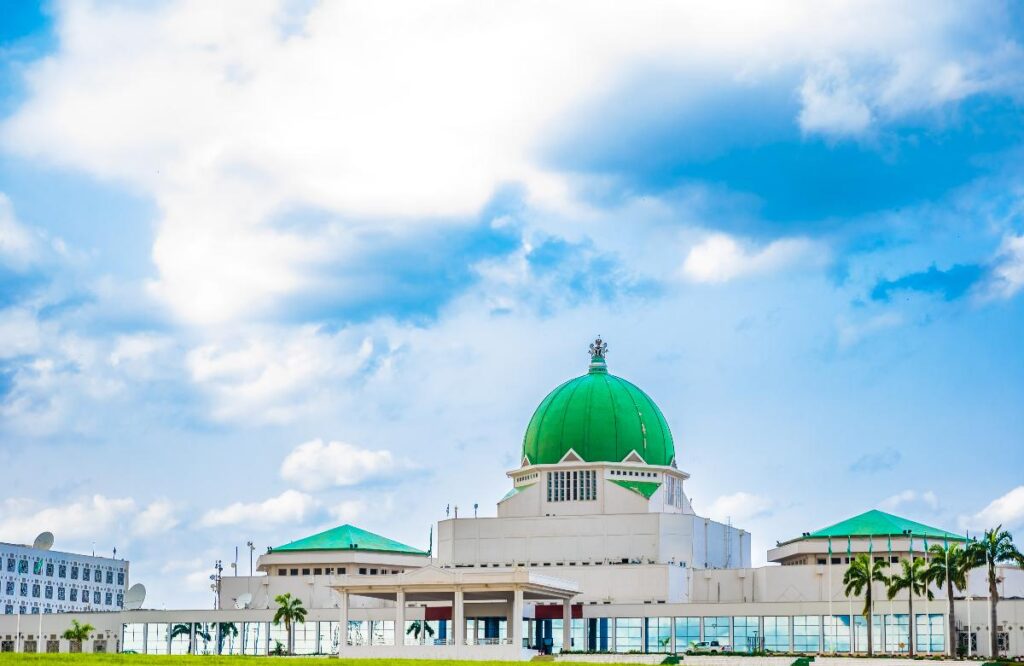By Abdul Lauya
The Nigerian Senate has confirmed that the federal government is set to clear a backlog of ₦81 billion owed to N-Power beneficiaries, ending months of growing agitation and uncertainty over the delayed payments.
The announcement came on Tuesday after Senate Deputy President, Senator Barau Jibrin, disclosed that the intervention followed direct appeals from aggrieved beneficiaries. According to him, swift engagement with the Minister of Humanitarian Affairs, Professor Nentawe Yilwatda, resulted in a renewed government assurance to settle the arrears.
The beneficiaries came to seek our intervention. I contacted the Minister, and he responded swiftly,” Senator Barau stated. “After our discussion, they were assured that the payment is being processed.
Barau further noted that in light of the government’s renewed commitment under President Bola Ahmed Tinubu’s Renewed Hope Agenda, the affected beneficiaries have agreed to suspend planned legal action.
Also speaking on the matter, Minister Yilwatda clarified that the arrears dated back to allowances captured in the 2022 and 2023 budgets but were not funded.
He added that the outstanding payments had been excluded from the 2024 and 2025 budgets, necessitating special approval through the service-wide vote late last year to facilitate the planned disbursements.
The move marks a critical response to public frustration over the fate of thousands of unemployed youths enrolled in the N-Power scheme who have gone unpaid for extended periods. For many of them, the unpaid stipends represented a primary source of livelihood amid Nigeria’s deepening economic challenges.
While the Senate’s assurance has brought temporary relief, some analysts caution that the lack of a clear payment timeline raises questions about the implementation speed and budgetary discipline of the current administration.
This shows the government is listening, but also highlights how poor planning and funding gaps have eroded trust in social welfare programs,” said policy analyst Amina Yusuf.
In the absence of specific disbursement dates, many beneficiaries remain cautiously optimistic, hoping this latest promise will mark the end of prolonged neglect.
As pressure mounts on the government to deliver, attention now turns to the Humanitarian Ministry and the Budget Office to translate legislative approval into actual payment, a critical test of the administration’s commitment to social justice under the Renewed Hope Agenda.


